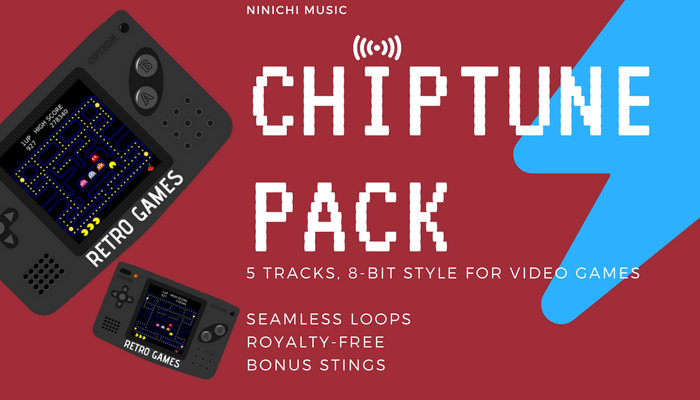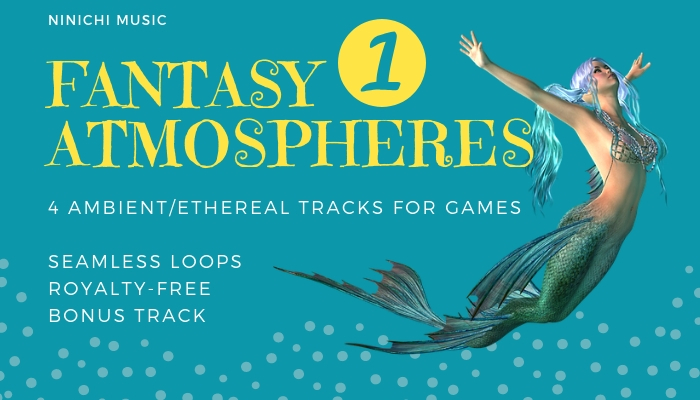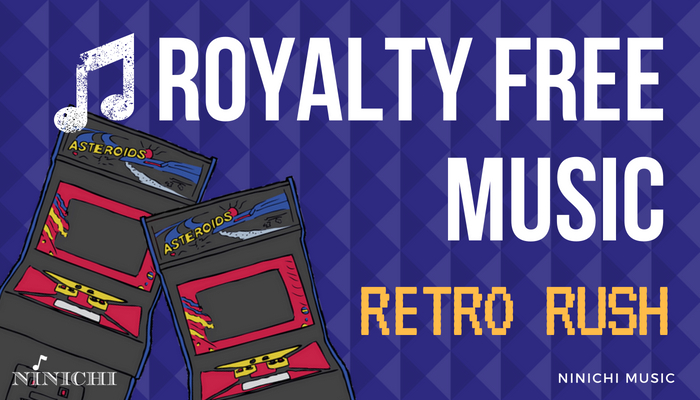When it comes to the music and/or soundtrack to your game, it’s really important to get some basics right. For some people it’s easy to identify and decide on what sort of style and mood you want for different parts of your game. For others, it can be really tough, since there will be various different options and directions that you could go in, and it can be hard to tell what would fit best and be most well received by players of your game.
It’s challenging for me to help you choose the right music for your particular game without knowing much more about it, but there are some general rules that I hope may help you in your decision making around what kind of game music you might like for your game and also where you might want to get it from…
1. Game music is there to support the gameplay
That means that it should NOT be overwhelming or too distracting. It is there to enhance, engage and support, not be the centre of everything. Great game music adds to the experience and heightens the emotions that you feel as you move through the game.
If working with a composer, it’s important that they understand this and aren’t the type to create music that takes away the focus from your game. A good composer will know how to create music that has that precise balance that’s needed to capture one’s attention enough to be interesting and fun to listen to but which is still something that sits neatly in the background to the main gameplay.
2. A lot of game music loops
Most game soundtracks will consist of looping tracks, which are between 30 seconds to 2 minutes long, on average. That means that although the tracks shouldn’t be overwhelming, they also shouldn’t be too repetitive either. They may be played over and over again depending on how long someone plays the game for, and so ideally you’ll want your music to be fun and engaging to listen to several times.
This means that you probably want your composer to have a real talent for melody and for developing tunes in a way that they can be repeated several times without becoming boring or annoying. Tunes that are too simple, can be often too easy to remember and hence when they’re repeating often, it becomes irritating. However, tunes that are too complex aren’t memorable or catchy at all and thus aren’t usually great to listen to.
3. Consistency and coherence
Whether you’ve decided to work with one composer, multiple composers or to source your music from elsewhere, it’s important to think about the consistency of the music across your soundtrack and within your game.
Across your game you will mostly likely want and need a variety of different types of music to bring out different aspects of your game. Whilst the variety in the moods and potentially styles and important and useful to help bring your game, game areas/locations and characters or situations to life, it’s also important to have a sense of consistency and coherence across all of the game music.
It needs to sound as though it’s all part of the same game and fits well within the game world. This is often tricky to do if using music from a wide variety of sources because the styles, instrumentation, sounds etc. can all be quite different. To someone playing your game, if the music doesn’t have that sense of coherence, the game may feel quite disjointed.
I hope you’ve found this article useful! If you find yourself getting a bit confused when it comes to the music for your game and/or would like some help with it, do feel free to contact me. I’d be delighted to work with you on your game music and look forward to hearing about your wonderful project!
About the author: Ninichi is a freelance composer and music enthusiast. She has composed the soundtracks and music to several indie games. Contact her: to explore working with her on your game, film or media project.
Check out examples of Ninichi's game music compositions and soundtracks & read more articles like this on the Ninichi music blog.
Follow her @ninichimusic


























